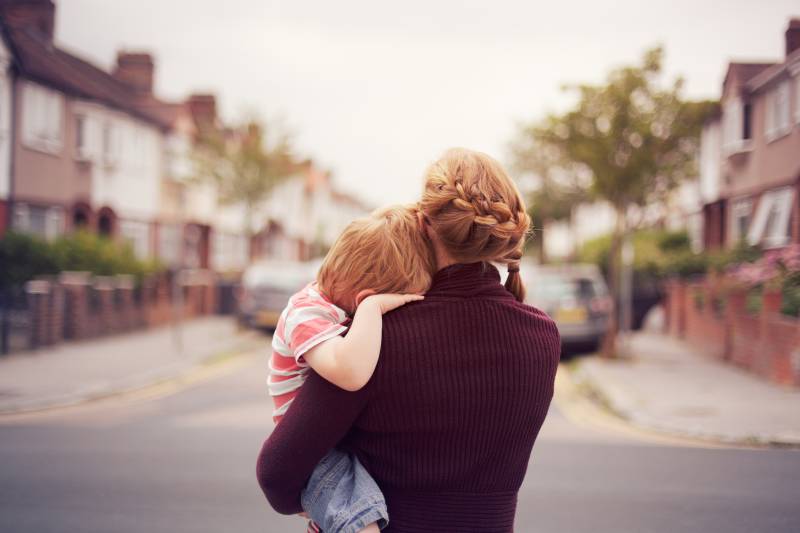Twenty years after urging caution among parents who choose to discipline their children with spankings, the American Academy of Pediatrics has updated its stance. Now, its overwhelming consensus for parents: Do not do it.
In a new policy statement issued earlier this month, the group warns that “Aversive disciplinary strategies, including all forms of corporal punishment and yelling at or shaming children, are minimally effective in the short-term and not effective in the long-term. With new evidence, researchers link corporal punishment to an increased risk of negative behavioral, cognitive, psychosocial, and emotional outcomes for children.”
The advisory for parents and adults “to avoid physical punishment and verbal abuse of children” comes at a time when support of such discipline is on the decline. As the AAP detailed in its policy statement:
An analysis of a 2016 national survey conducted by yougov.com revealed that respondents with young children in the home, regardless of race and ethnicity, did not support corporal punishment, “suggesting the possibility that a generational shift in social norms [about corporal punishment] may be taking place.”
Despite these shifting attitudes, several states continue to have laws that explicitly allow schools to perform corporal punishment, as NPR reported just last year.
“But the majority of states do not, and I would hope that we would continue to shift in the direction of encouraging nonphysical punishment,” said Dr. Jennifer Shu, pediatrician and author of Baby and Child Health: The Essential Guide from Birth to 11 Years, in an interview with NPR’s Lulu Garcia-Navarro.



9(MDAxOTAwOTE4MDEyMTkxMDAzNjczZDljZA004))